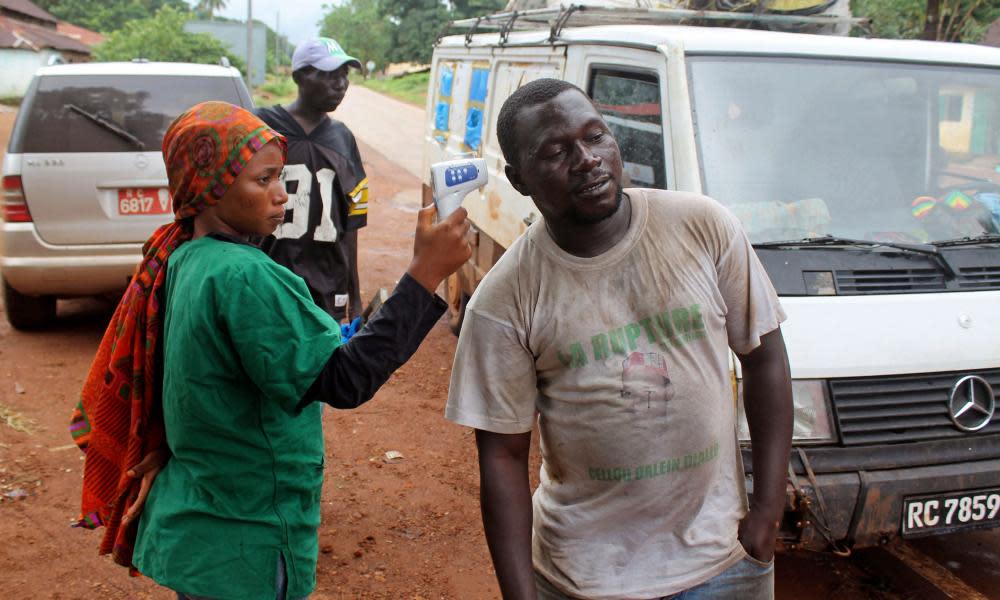'Killer' cells in Ebola immunity study could help Covid research

Immunity from the deadly Ebola virus could last years after the infection, the world’s longest study of survivors by British and Guinean scientists has concluded in findings that could have implications for Covid immunity research.
The findings are the result of the world’s longest and most comprehensive study of survivors from the devastating west African outbreak between 2013 and 2016. They could help the understanding of the body’s immune response to Covid and other zoonotic diseases.
A recent study suggested antibodies for Covid may only last two months, leading to speculation that immunity to the virus may not be long-lived and those who have recovered would be at risk of reinfection.
The team of scientists in Guinea found that some Ebola survivors there showed no antibodies three months after the infection even though they would have to mount a strong response to fight such a lethal virus.
default
But they did have the capacity to fight a possible reinfection with backup “killer” T cells, a type of white blood cell that triggers the immune response and B cells that memorises the specific battle plan for a pathogen and rapidly secrete antibodies when reactivated, according to the findings published in the Lancet Infectious Diseases journal.
The current post-Covid tests are for antibodies only and do not measure for T or B cells.
“Just because antibodies cannot be detected, does not necessarily mean that someone has not acquired immunity from their infection,” said the report’s lead author, Miles Carroll, a professor at the University of Oxford and deputy director of the national infection service at Public Health England in Porton Down, Wiltshire.
The study is the largest of its kind in the world, allowing the scientists to “uniquely assess both neutralising antibody and T cell responses” by taking blood samples over three years from 117 survivors, 66 contacts and 23 negative control subjects in Guinea.
Their study reveals that 95% of survivors had both antibodies or a T cell response to the virus and there was “no significant reduction” in either antibodies or the T cells more than three years after infection. These results suggest naturally acquired immunity is 10 times higher than that delivered by the new Ebola vaccine, which was successfully used in the most recent 2018-19 outbreak in Africa.
“This finding provides compelling evidence for long-term protection against reinfection with Ebola virus,” the study says.
It also suggests scientists need to consider the whole pathogen when designing new vaccines and not just the components that decorate the surface of the virus.
What surprised the scientists was the finding that nine of 66 close contacts, usually mothers, of those infected with Ebola had both antibodies and T cells for the virus with no verifiable reports of symptoms.
“From these data we would suggest that more people were actually infected with the virus than official reports suggest,” said the paper. This could have implications for the understanding of herd immunity to other viruses, a concept now in the spotlight because of Covid.
The research also provides some support for the existence of transmission of the virus from those with no symptoms after one woman was able to transmit the Ebola virus to her child through her breast milk, with fatal consequences.
Neither of the child’s parents reported any symptoms of Ebola and blood samples were virus-free. However, their semen and breast milk were found to be positive and it was concluded that breast milk was the most probable route of transmission.

 Yahoo News
Yahoo News 
